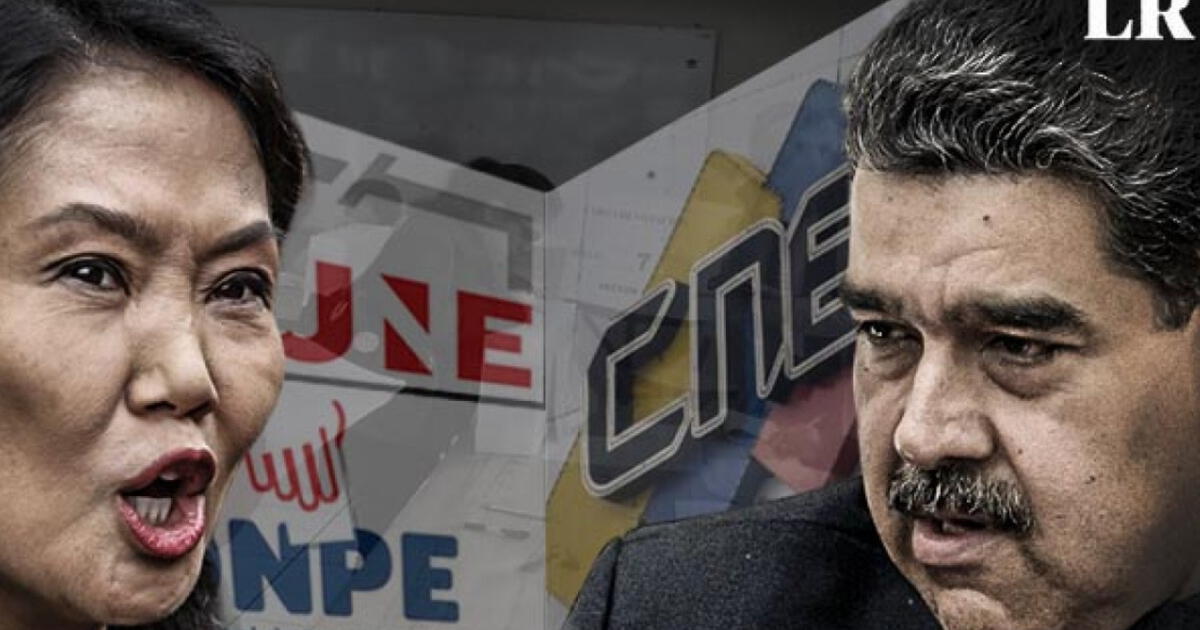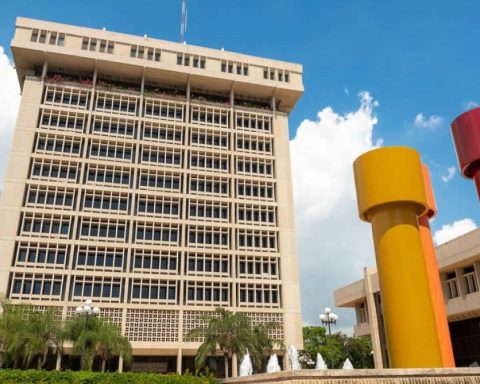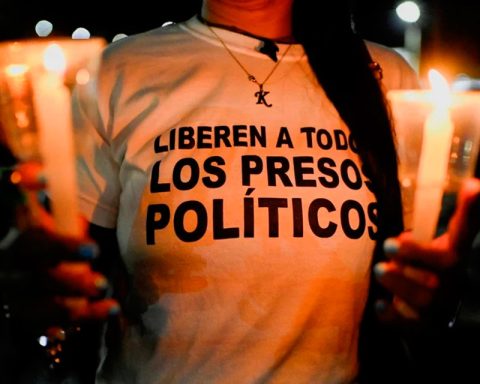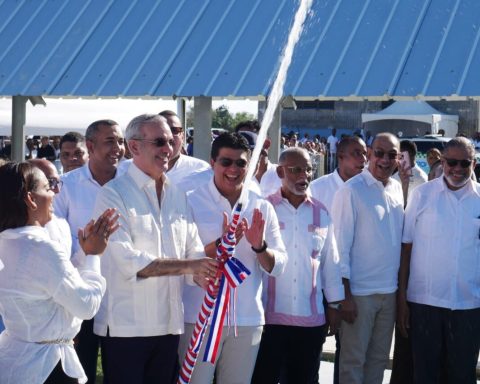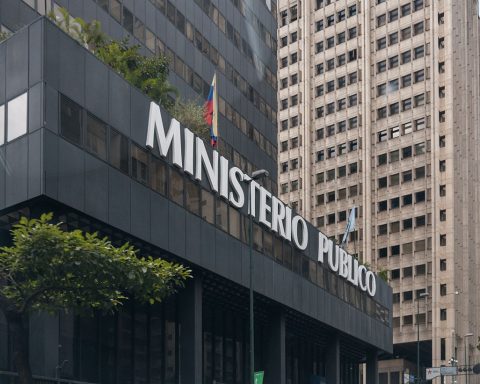Beyond the statement released at the beginning of the week where they call for respect for democracy in Venezuela, the party People’s Forceheaded by Keiko Fujimori, has in recent years increased its attacks and attempts to subjugate electoral bodies in Peru. Something similar to what Nicolás Maduro has already done in his country.
At the moment, the attention of the international community is focused on the National Electoral Council (CNE) of Venezuelaan organization whose composition is full of people close to Chavismo, according to Nancy Arellano, internationalist and vice president of the Coalition for Venezuela.
In a telephone conversation, the specialist details that the nine members of the CNE They were politically elected by the National Assembly of Venezuela, the only chamber of the Venezuelan parliamentary system, which is otherwise dominated by Chavismo.
The refusal to publish the minutes of the vote count of July 28 is the responsibility of Elvis Hydrobo Lovingpresident of the CNE. According to Nancy Arellano, this is a character who, in addition to having been elected by the chavista assemblyhas a profile of sympathy for Nicolás Maduro. As an example, there is the video from 2020 where he greets the dictator on his birthday, playing a saxophone.
“Elvis Hydrobo Loving He is a declared member of the ruling party and holds an active position in the leadership,” he added.
Arellano details that one of the main irregularities is that the CNE declared the winner to Nicolas Madurowithout showing the officials the details of the votes, as required by law.
He CNE In Venezuela, it acts as the National Office of Electoral Processes (ONPE) and the National Jury of Elections (JNE). In other words, it executes the electoral processes and administers electoral justice. And the institution is captured.
Dictatorial profile
In the Peruvian case, since the third defeat of Keiko Fujimori In 2021, Fuerza Popular and its right-wing satellites have been determined to control the ONPE and the JNE. The political objective is to subject these institutions for the 2026 elections.
First there was the smear campaign under the narrative of a fraud that never existed. The attacks reached levels of delirium: Lady Camones, a legislator from APP and close to Fujimorism, admitted on Canal N that there was no fraud, but insisted on the departure of the heads of the electoral bodies.
Along the way, Parliament has tried to separate the heads of ONPE and the National Registry of Identification and Civil Status (Reniec), by manipulating the composition of the National Justice Board (JNJ). They have not succeeded.
Now, it remains on the agenda of Congress initiatives such as those promoted by Fujimorism to subdue impeachment to the heads of the electoral bodies. Or another from Avanza País to shorten their mandate.
Other control practices
In terms of the administration of justice, Nancy Arellano explains that in the case of Venezuela, one can go to the Supreme Court of Justice (TSJ), but this instance has as its president Caryslia Beatriz, who is also quite close to Chavismo and as an example there is an old video where she calls to vote in the primaries of the United Socialist Party of Venezuela (Maduro’s governing party). That is why Maduro rushed to go to this instance to request an audit of the minutes.
In the Peruvian case, electoral justice is directly in the hands of the JNEwhose president, Jorge Salascontinues to be the target of attacks, including constitutional complaints aimed at removing him from office.
In Venezuela, the Constitutional Chamber of the Supreme Court of Justice is also controlled by the regime in power. It is the equivalent of the Peruvian Constitutional Court (also subordinate to the Peruvian Parliament).
Arellano states that until the Ombudsman In Venezuela, it is subjugated. (“We are defenseless.”) A situation similar to that of the Peruvian defense entity under the current control of Congress.
